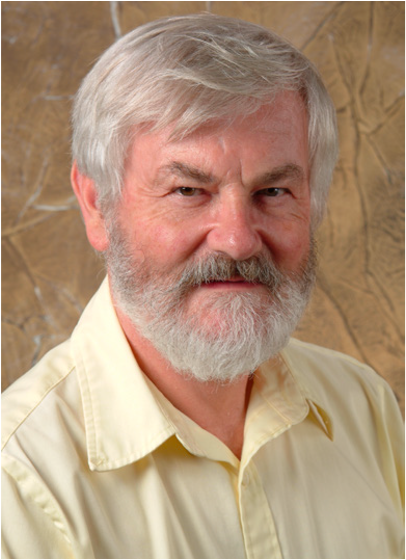
David Newman
President (2012-2013), ASP Fellow (2014), Honorary Member
Newman Consulting LLC
David Newman was born in the eastern suburbs of London in 1939 and as a result of his father’s work running an emergency port early in WWII, the family ended up living on the Cheshire side of the River Mersey opposite Liverpool. At just 17, having finished his sixth form work in the Wallasey Grammar School, he took a lab assistant position at the Bibby Experimental Farm and over the next four years, took what was then the Royal Institute of Chemistry’s external examinations on a part-time basis, and passed the then Associateship Royal Institute of Chemistry (ARIC) at 21 (equivalent to a BSc II/I). After spending another year at Bibby’s as a research analytical chemist, he accepted a graduate studentship for an MSc under Professor George Kenner in the Organic Chemistry Dept. at Liverpool, graduating in 1963 since there was a mandate at that time that all L’pool degrees had to be at least 2 years in length. For the next eighteen months, he worked on photographic dyestuffs at Ilford Ltd., close to his birthplace and then moved to become a research assistant working on organometallic complexes that might “fix nitrogen” in the UK’s first multidisciplinary university group, the ARC’s Unit of Nitrogen Fixation at Queen Mary College, London. The unit moved to the then new University of Sussex in early 1966. He then took an external DPhil at Sussex under the tutelage of Professor John Postgate FRS from September 1966 whilst in the Unit, graduating in June 1968.
Following the old aphorism “Go West Young Man” he took a post-doctoral fellowship under Professor Harry Peck Jr., the Head of the Biochemistry Department at the University of Georgia, continuing on from his DPhil work by sequencing the rubredoxin from D. gigas, which he had isolated and identified as his DPhil thesis. This involved significant volumes of fermentation of obligate anaerobes at up through 500L. In 1970 he accepted a position as a biological chemist at the then Smith Kline and French in central Philadelphia. As departments altered form, in 1976 he moved to head what would now be called a “dereplication laboratory” in order to decide which microbial extracts should be continued with. This work led to the ardicins (vancomycin-like antibiotics that were subsequently used in agricultural settings). When SK&F dissolved their antimicrobial program in 1985, he spent time at Air Products working on fermentation problems and then was recruited by SeaPharm in Florida to run their microbial labs. When SeaPharm went bankrupt in 1988, he spent two years at Lederle Labs (meeting Guy Carter and Cedric Pearce whilst there) in their microbiology program, and then moved to the NCI’s Natural Products Branch (actually accepting a position that he had turned down before going to Lederle as it was then not a permanent position).
In the Branch he was initially responsible for the microbial collection program, then the marine collection program from late 1991. Working closely with Gordon Cragg (the then current Branch Chief) the Open and active Repository Programs were set up and the NCI (basically NPB plus two very talented patent attorneys) had to develop its own equivalent of the Rio Convention on Biodiversity (the NCI’s Letter of Collection) which was used from then on by any collectors funded by NIH since the USA has never ratified the Rio Convention nor the later Nagoya Convention.
In 2005 he took over the branch on the retirement of Gordon Cragg, being formally appointed Chief in 2006. The work involved in the processing and provision of extracts continued but many other “tasks” were also part of the process, including being the NIH representative on the Joint Research Program with Egypt for 18 years, (odd years in Egypt, even years in DC) and being utilized as a natural product-based drug expert both in the US and in other countries, initially in the Pacific rim but later in South and Central America and in Norway.
He served as ASP President from 2012-2013 and was elected an ASP Fellow in 2014
Together with Gordon Cragg, over 60 review articles have currently been published on natural product-based drugs, not only antitumor agents but also antiinfectives as well. From the first publication in 1963, to date over 230 peer-reviewed publications have been published, with over 30 since formal retirement, two of the latter included the well-cited “Sources of Drug” reviews in 2016 and 2020.
Formal retirement occurred in early January 2015 when Barry O’Keefe took over the Branch and has continued the utilization of the NCI collections in an exemplary fashion.
